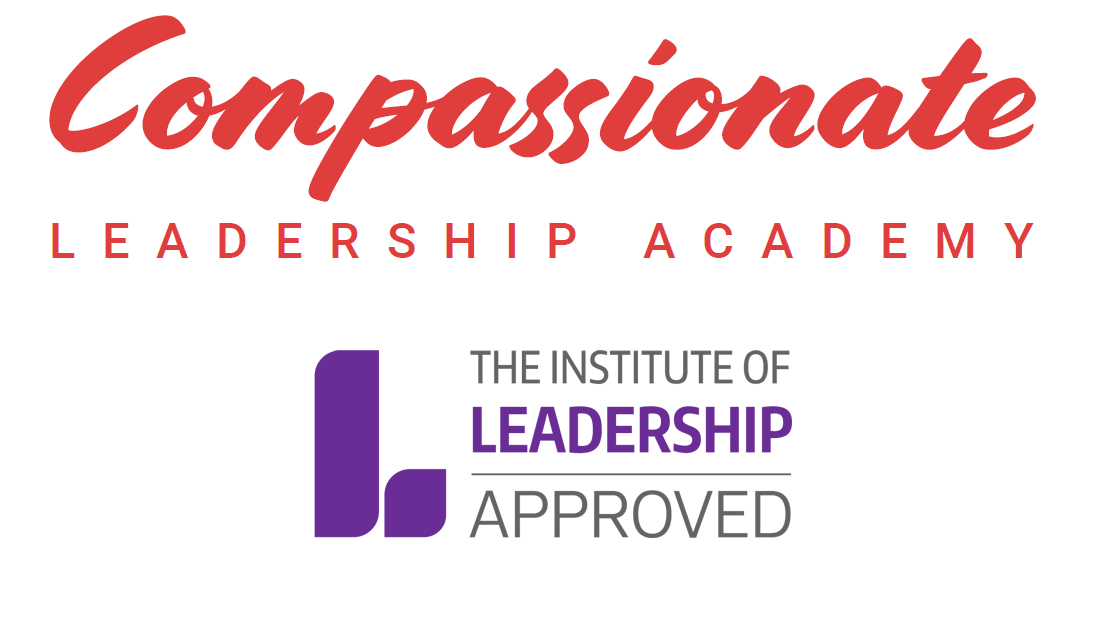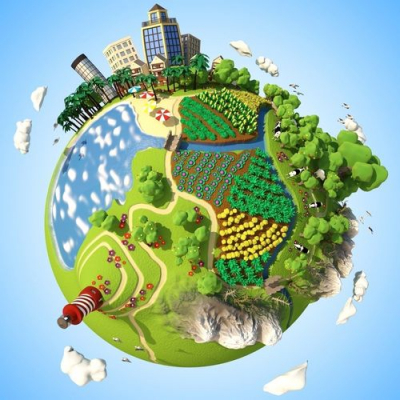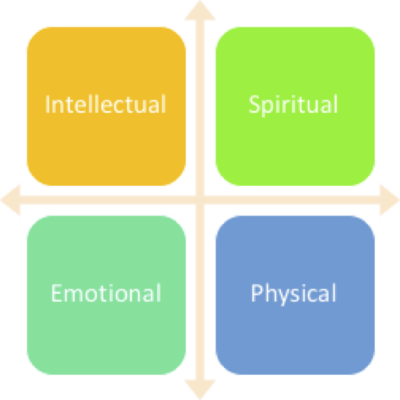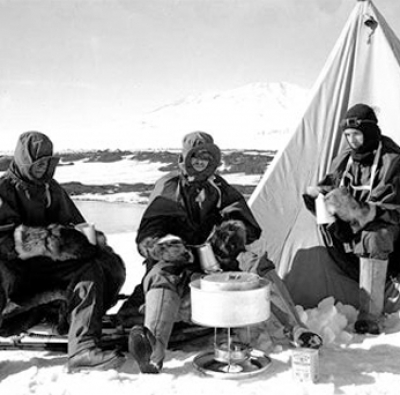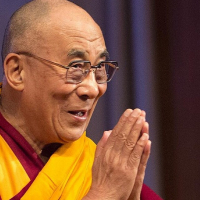
Blog (8)
Frequently I am asked to talk about leadership, and frequently, as I first stand up and introduce the title of my presentation, I begin by challenging it. I say “Let’s take away the word leadership and replace it with the word relationship and see what happens”.
The word leadership can bring baggage with it. We think it is not for us, but for the people above us - we link it to hierarchy. It brings with it a responsibility and that may put us off too - “I don’t want the responsibility”. We may have suffered from some poor leadership and the scar is deep within our psyche. We can confuse it with command & control, or autocracy. And when we look at the antics of our political leaders we can become mightily confused on what leadership is all about! So let’s take away the tension. Let’s use the word “relationship” instead.
The big impact of applying the principles of compassionate leadership is to create what I call “Collective Brilliance”. Individually we can all be great; and we are. We are all extraordinary people in our own way. We all have unique abilities and attributes. I always say that “Everybody has a book inside them”.
A book of personal courage and achievement, of overcoming the odds and of making a difference. But that is not enough. Being individually “brilliant” is all jolly good, but it won’t get us that far; we can shine, but only so brightly; a single candle in a cave just creates a sea of shadows. No, we can only truly be brilliant when we come together in a meaningful way. When we can collectively commit to a common cause, a common purpose and a common goal. When our individual brilliance combines with the individual brilliance of others, the light can be blinding; even the deepest darkest depths of the cave become clear.
There is much evidence to suggest that sustainability is about balance, and that the three main systems within which we operate need to work together in a specific order. These systems are the Economy, Society and the Ecosystem.
Ecosystem means “a biological community of interacting organisms and their physical environment”; it is more than just the “environment”, it is everything within and the hugely complex and finely balanced relationships
The sustainable system order is simple; the economy serves society which, in turn, serves the ecosystem. As the economy prospers so it enables society’s service to the ecosystem. All is well and in balance. Or so it should be!
If you are reading this and you are over 35 years old, I may just be about to upset you. Research suggests that you will be spend 95% of your day being driven by your subconscious, following patterns of behaviour that are hard-wired into your more primitive brain areas based on your previous experience - your “back story”
Consider a conversation with a friend. What is the gap between them stopping speaking and you responding? Milliseconds if that! So where is the listening with intent to understand? Where is the conscious reflection of what has just been said that would allow a considered response? It’s not there. Instead, we are just following patterns. Patterns informed by the past. Our listening is ego centric as we subconsciously try to map their experience to our own and share our story rather than respond to theirs. We all progress through a dance driven by the rhythm of our pasts.
We are defined within four realms, each providing opportunity for growth, that when all are well and balanced gives us a deep sense of self-worth and well-being. We can only truly shine with the conscious development of all four quadrants though some offer greater scope for development than others.
I do not believe that a true compassionate leader can neglect any of the 4, though, clearly as you will see, the CLA programme itself can really only assist in 3 of the 4. The four quadrants are the Intellectual, the Emotional, the Spiritual and the Physical.
We hear and know more about our IQ, our Intellectual Quotient, than any other aspect of our potential, though, we are also informed that there is little scope for major improvements on our base level of IQ - you’re IQ is pretty much fixed! Yes we can “train our brain” but it is not here that we can make big leaps in our ability to inspire, influence and perform. There is limited potential for growth in this quotient - it is what to is! Sadly, it is also the one quotient that is most measured and referenced, but it is within the other 3 areas that we have the greatest potential for growth and well-being.
Whilst at an exhibition of the photographs taken during Scotts’ fateful expedition to the South Pole, I bumped into and was inspired by an amazing lady in her 90’s. A daughter of the Raj, brought up in a colonial world, now bent and weathered, but with an incredible sparkle in her eye and an energy in her voice. Our world’s met as we both gazed, in awe, at an iconic photograph of Scott and his men in their hut. We spoke, we connected and found mutual inspiration within each other’s stories, energy and passion for life. We exchanged details and went our ways. It tells much of the discipline and social etiquette lost over the years, that I received a letter a few days later. This beautiful lady wrote to say “thank you” and she shared something truly special that I now carry with me always.
It was a card with an inscription taken from a Sussex church circa 1730 “A Vision without a Task is but a Dream, A Task without a Vision is Drudgery, A Vision and a Task (combined) is the Hope of the World”
Here I talk about commitment and compliance and how the outcome of compassionate leadership is to gain commitment. But I am really conscious that Compliance, with a capital C, is an absolutely vital part of many organisations’ services and products; we really do want everyone to be committed to the Compliance Regulations & Processes that safeguard us all. The compliance I allude to is an emotional compliance, a reluctance, a “this doesn’t motivate me” kind of compliance. So let’s commit to “ Compliance", but strive to move away from “compliance”!
I believe that it is all about gaining commitment. It has to be. Who wants to work with a compliant team, a reluctant team? Who wants to work with the mindset of compliance when we have the opportunity to create the excitement of commitment? The principles of compassionate leadership are those that create long-term commitment and completely remove the emotional drag of compliance.
How do you feel when you “have” to do something and you don’t really want to? Annoyed? Frustrated? Lethargic? De-motivated? You cannot quite muster the energy to give it your best shot. Your body language gives it away. You sigh, it seems like hard work, time drags, but “Hey ho, best get it done”. That’s not the way to work. That’s not the way to live. Life is more precious than that.
It was the great and hugely humble Dalai Lama, the leader of the Tibetan people, that once described the difference between empathy and compassion. And he should know! He says “Empathy is to raise your consciousness of the other. Compassion is to work with that knowledge with positive intent”. In essence compassion is “empathy with positive action”. I like that. It sounds powerful and transformational. The application of compassion will transform teams, organisations, companies, communities and our society at large.
There are two aspects to compassion that are of equal importance.
The first is for us all to widen our peripheral vision to see the needs of others. The second is summed up in the Anglo-Irish statesman author, orator, political theorist and philosopher Edmund Burke's splendid challenge to us all of “The only thing necessary for the triumph of evil is for good people to do nothing”.
Let me share with you an example that we can all relate to.
